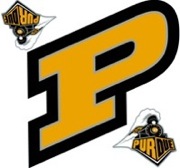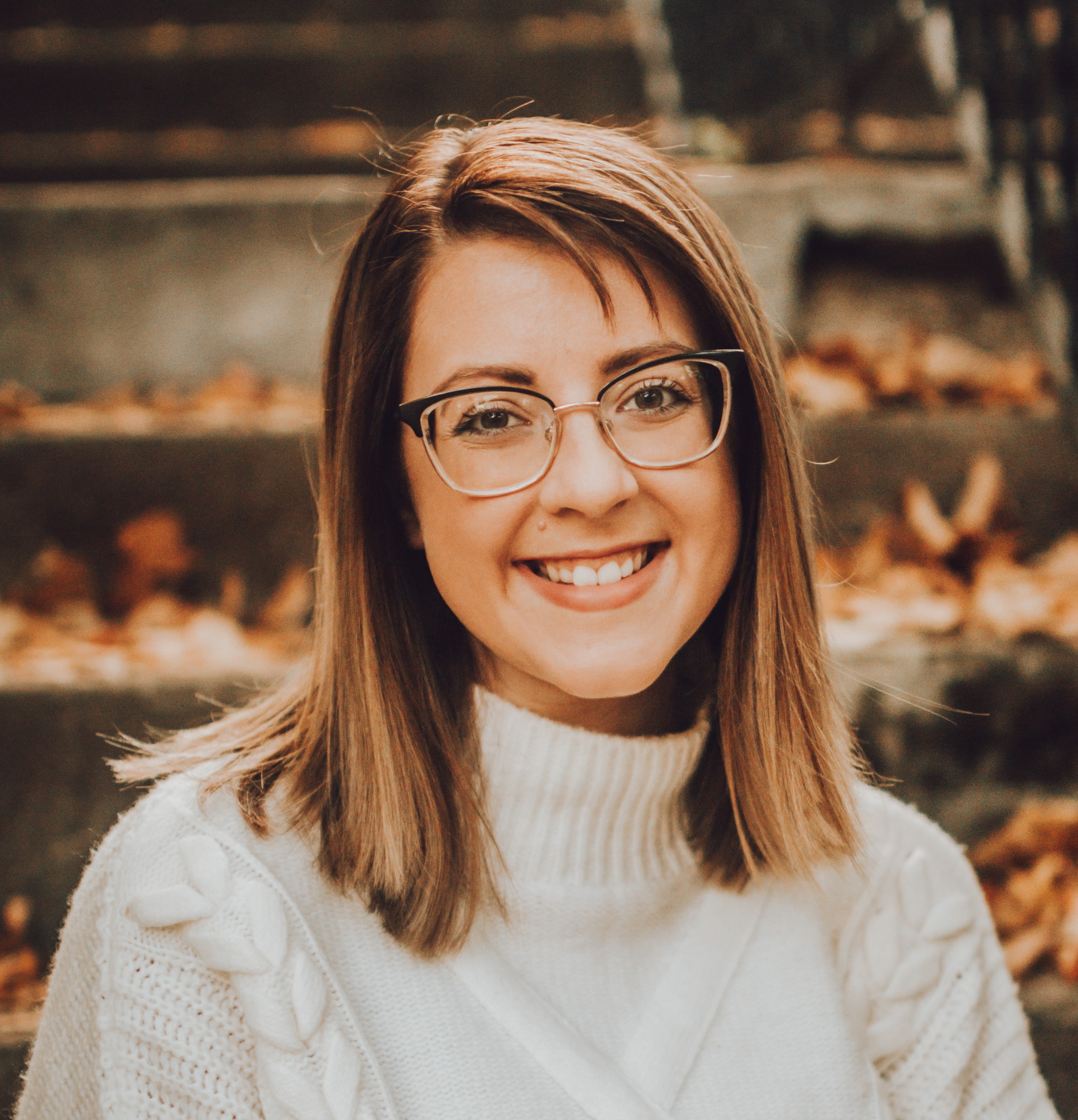Below is a summary of the abstract you submitted. Presenting author(s) is shown in bold.
If any changes need to be made, you can modify the abstract or change the authors.
You can also download a .docx version of this abstract.
If there are any problems, please email Dan at dar78@pitt.edu and he'll take care of them!
This abstract was last modified on March 15, 2021 at 5:03 p.m..

Purdue University is a current member of the SEA-PHAGES community and since 2010, approximately 800 students, primarily majors in biological engineering, have participated in the program. The program is split into a wet lab phage discovery course in the fall (ABE 226) and a bioinformatics course in the spring (ABE 227). The course leadership team includes a professor, ~3 graduate teaching assistants, ~12 undergraduate peer leaders, and ~80 students a semester. The professor and graduate students are the primary instructors responsible for content creation and delivery while the peer leaders provide additional teaching support, wet lab material preparation, and mentorship to the students. This model allows the professor and graduate assistants to focus on primary leadership and consistency across multiple course sections while the peer leaders gain additional research and leadership experience.
In both courses, the learning goals address the Course-Based Undergraduate Research Experience (CURE) outcomes and provide students with beneficial research experiences that support professional skill development. Both courses assess student learning through short quizzes, reflection assignments, and documentation using online lab notebooks. A final semester project encourages extending the phage research topics and is assessed through project updates and a final presentation.
During the past academic year, courses were adapted into a hybrid flexible delivery to meet Purdue Covid-19 guidelines. An optional distance course section was also provided for students that were not on campus and did not attend in-person classes. Due to size limitations for in-person class instruction, online modules were developed to provide opportunities for student learning prior to class, including supplemental learning modules with topics in genetic engineering, bioethics, and bioinformatics. The final course deliverables were also adapted and focused on topics in synthetic biology (ABE 226) and advanced bioinformatics methods (ABE 227) to better align assessments with the modified course content and activities. Virtual synchronous group meetings provided students with opportunities to discuss their research project weekly and build connections between wet lab activities and their semester project.
During the past school year, the course leadership team at Purdue effectively taught both the wet lab and bioinformatics course at maximum capacity during Covid-19. The instructor / peer leader model sustained lab materials and teaching support for the courses and led to a successful hybrid teaching style. Additionally, the supplemental material developed and implemented by the teaching team has further progressed the SEA-PHAGES undergraduate research experience at Purdue.

